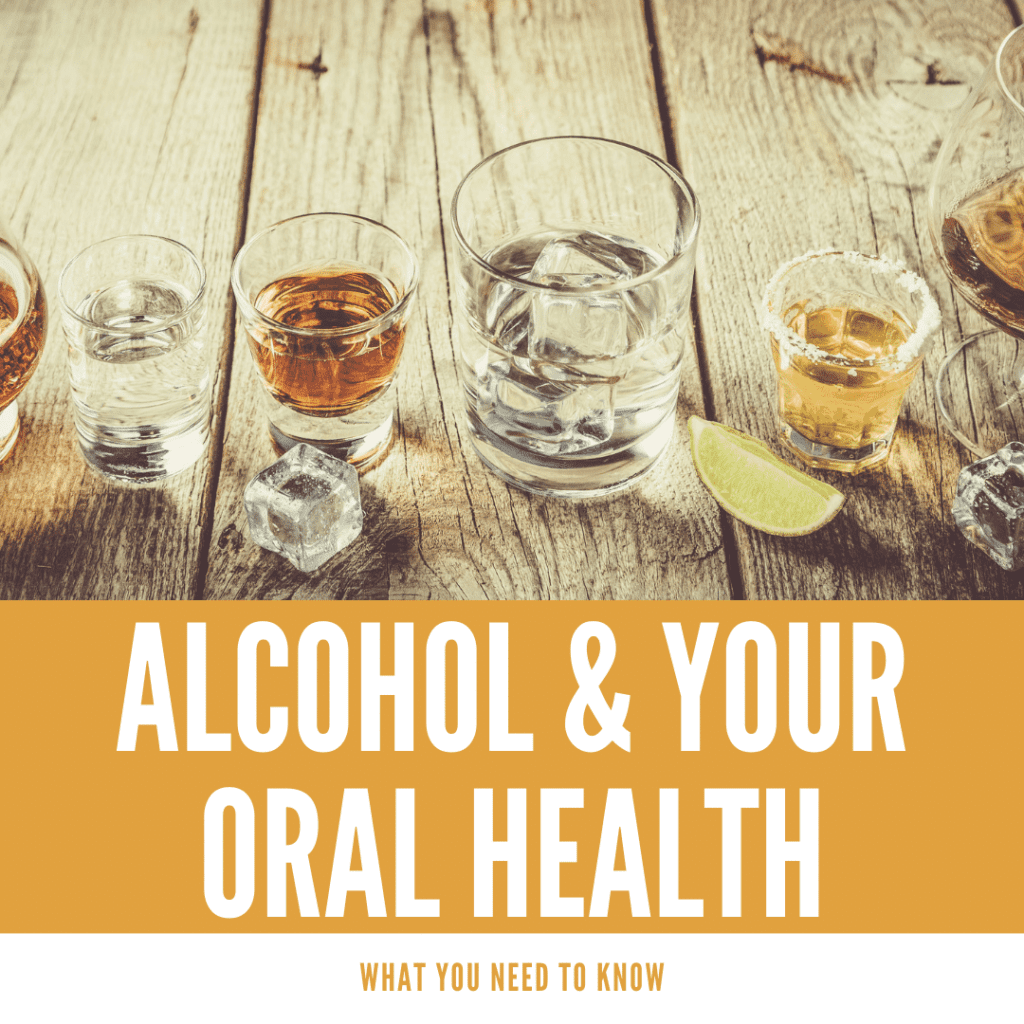We all know that drinking alcohol can have negative effects on our general health, but what about our oral health? Surprisingly, alcohol can actually have a pretty big impact on our teeth and gums. In fact, did you know that drinking too much can actually damage your teeth and gums? It’s important to be aware of the risks associated with excessive drinking so that you can make informed decisions about how much alcohol is safe for you to consume. In this blog post, we will define what constitutes moderate and excessive drinking. We’ll also discuss the effects of both moderate and excessive drinking on oral health, so you can make informed decisions about how much you drink.
First things first, we must define the difference between moderate and excessive drinking. For a woman, moderate drinking is defined as having no more than one drink per day. Excessive drinking for a woman is considered to have eight drinks or more in a week. A man has slightly higher limits; moderate drinking for a man would be having two drinks per day, while excessive drinking would be consuming 15 drinks or more per week. Now that we can understand what constitutes as moderate and excessive, let’s discuss how this impacts your oral health.

Moderate alcohol consumption has been shown to have positive benefits on a person’s overall health; however, it is also associated with an increased risk of tooth decay and cavities. Though it may be enjoyed in moderation, alcohol can have some pretty serious effects on your oral health. These include:
Tooth Decay and Cavities:
One of the most common effects of alcohol consumption is tooth decay and cavities. This is because alcohol breaks down into sugars, which feed bad bacteria and produce acids that damage the tooth enamel. The more bad bacteria in your mouth, the more damage done to the enamel, and the higher your chances are of getting cavities.
Dry Mouth:
Alcohol consumption can cause dry mouth and dehydration, which is a big issue for oral health since saliva helps keep teeth clean and fights tooth decay. Dry mouth also leads to bad breath because there is excess bacteria that cause odor and plaque buildup on teeth- making them more vulnerable to decay (cavity formation).
Gum Disease:
Gum disease is another common effect of alcohol consumption. Gum disease is an infection that causes inflammation in your gums and can lead to tooth loss if not treated properly. This is partially because alcohol causes more plaque to form. A recent study also found that people who drink alcohol have more “bad” bacteria and less “good” bacteria. Both of these factors drastically increase the risk of gum disease.
So there you have it! Now you know how alcohol affects your oral health and what constitutes moderate or excessive drinking. Remember, moderation is key when it comes to drinking alcohol. However, it is also important to practice good oral hygiene such as brushing and flossing regularly, and seeing your dentist for check-ups twice a year.

Dr. Admar holds dual certificates — a Bachelor of Dental Surgery (BDS) in 2010 from India and a Doctor of Dental Surgery (DDS) in 2014 from Canada. He is now a full time practicing dentist in Kamloops where he provides a variety of services, including emergency dentistry. Dr. Admar spends hundreds of hours in continued dental education to stay up to date in cosmetic and implant dentistry and he has achieved several advanced qualifications.


